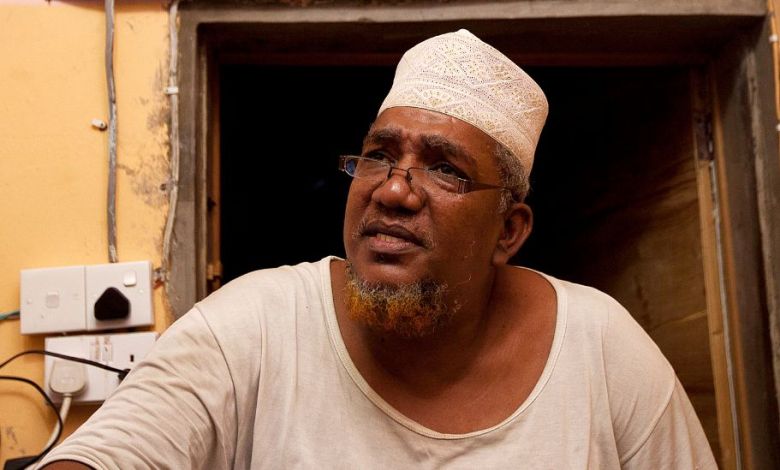A Muslim cleric in Kenya has asked a court not to free him from jail despite being acquitted of terrorism charges.
Guyo Gorsa Buru said he feared he could be abducted and killed by state agents once released as is alleged has happened to other terror suspects.
He was arrested in 2018 and charged with possessing material that promoted a terrorist group and for collaborating with Somalia-based al-Shabab militants.
The court in the capital has allowed him to remain in custody for 30 days.
Earlier, a chief magistrate at Nairobi’s Milimani law courts ruled that the state had failed to prove its case against Sheikh Buru.
His lawyer has asked the High Court for the guarantee of state protection for his client once freed.
While the cleric awaits a ruling, Justice Wendy Micheni said he would have to pay for his continuing stay at Kamiti Maximum Prison.
The fact that he wants to remain at Kamiti, which has a notorious reputation, shows how much he feels his life is in danger.
Other clerics suspected of connections to Somali Islamist group al-Shabab have been killed in the past, though the authorities deny involvement.
In April 2014, Abubakar Sharif Ahmed, known as Makaburi, was shot dead in Mombasa as he left a courtroom – this followed the killings of two other imams in the coastal city.

Four months before Makaburi’s killing, a member of Kenya’s anti-terror police told the BBC how it treated al-Shabab suspects: “The justice system in Kenya is not favourable to the work of the police. So we opt to eliminate them.”
Mr Khaminwa said during his long law career, first as a prosecutor and then from 1973 as defence counsel, he had not heard of someone opting to remain in prison.
His client had been unfairly targeted from the very start of this case, he said.
The lawyer added that demonstrations erupted after Sheikh Buru’s arrest in Marsabit, a town in north-eastern Kenya, as people knew him to be a teacher and good person and did not believe the terrorism accusations.
Amnesty International and other human rights groups often accuse Kenya’s police of brutal tactics, including extrajudicial killings and abductions.
Last year Amnesty says 33 people were forcibly disappeared by the police – allegations denied by the force.





































































